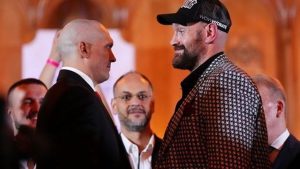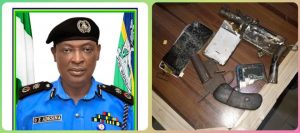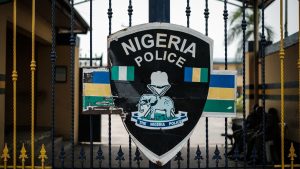Grit, resolve carry Northern Kentucky’s Harris in hard times
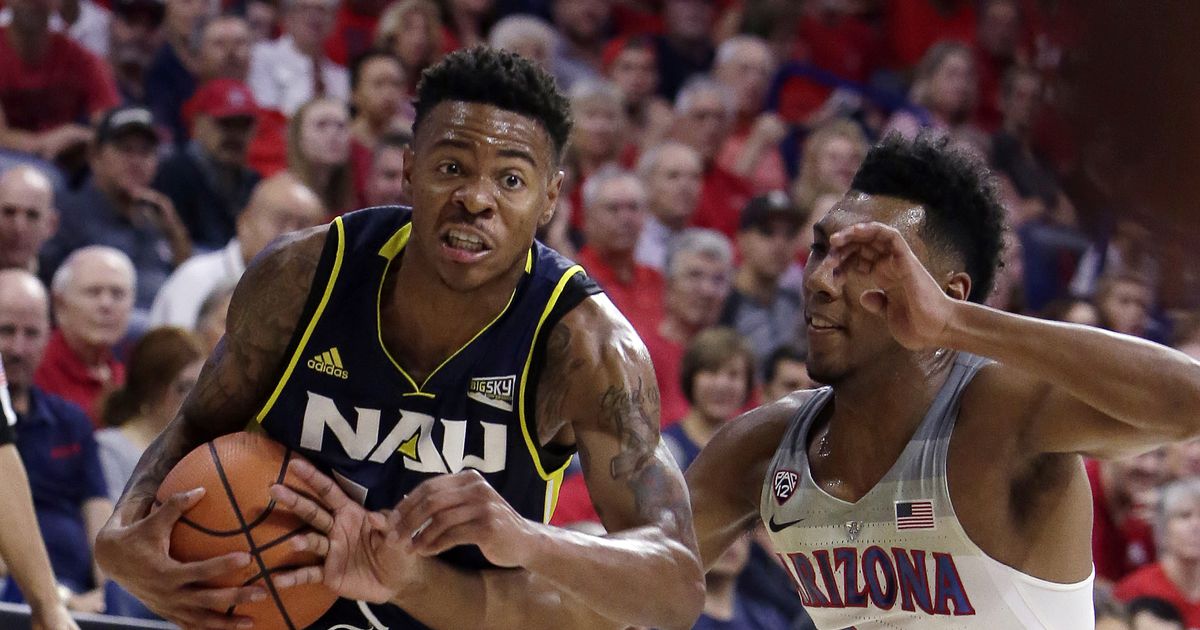
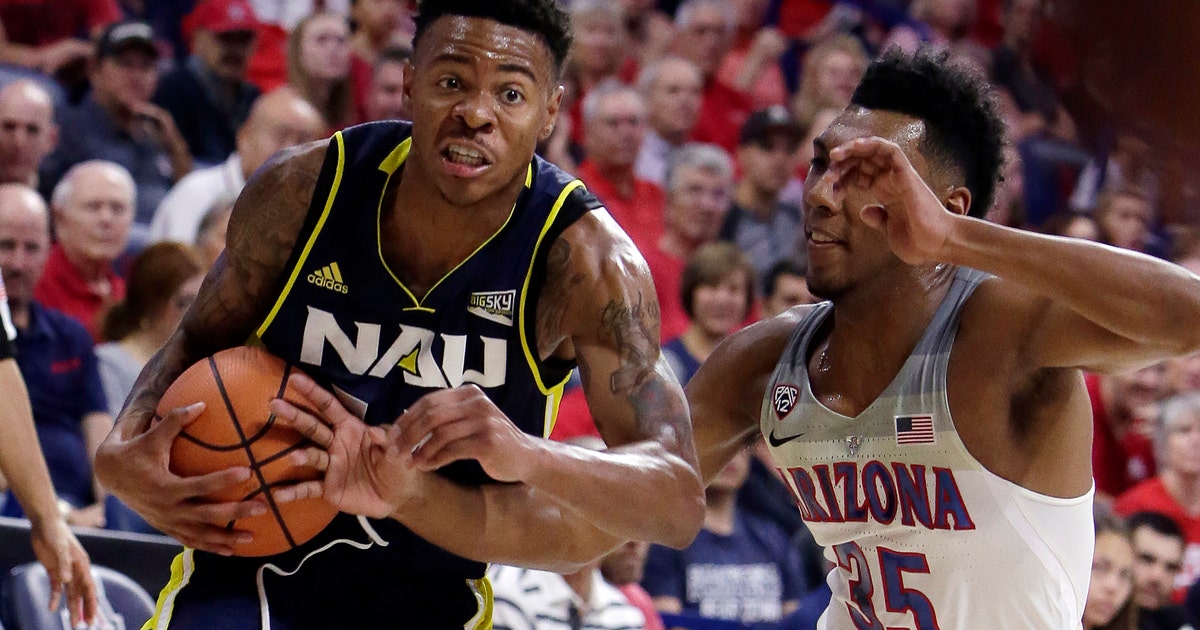
The image Karl Harris has of his father is painted by old photos and the stories his brothers tell.
His older brother, both best friend and basketball running mate, was gunned down in a case of mistaken identity. The train ride to school through Chicago’s South Side delivered daily horrors: drugs, gang violence, death.
Every time life knocked him down, Harris shoved right back. He worked tirelessly to earn a Division I scholarship, walked across the stage as his family’s first male college graduate.
Another dream, of playing in the NCAA Tournament, became a reality when Northern Kentucky clinched the Horizon League tournament title in March.
Less than two days later, it was snatched away by a pandemic spiderwebbing the globe.
Down again, Harris clawed his way back up, set his focus on the next goal.
“He’s been through some stuff and things haven’t always worked out the way he wanted to, but he kept coming back and kept going,” Northern Kentucky coach Darrin Horn said. “He’s still tried to find a way to make things better and still get to where he wants to go. He just has a great humility and appreciation about himself.”
A resolute spirit and supporting family prevented Harris from taking a divergent path.
He was 2 when Charles, his father and a police officer, died waiting for a liver transplant that never came. With no real firm memories of his own, Harris relied on his brothers’ stories, puffed with pride when they’d say how much he looked like him. They even called him “Slim,” Charles’ nickname.
Harris’ brothers helped the kid who later became known as “Chief” keep out of trouble, serving as a surrogate father by committee.
Harris had a comfortable life in Hazel Crest, a mostly middle class town south of Chicago, but Karla Harris wanted to expand the worldview of the son named after her and sent him to De La Salle Institute. That mean meant a daily train ride into a rough part of Chicago.
Harris had both the book and street smarts to navigate an area besieged by gang violence and drugs. His brothers made sure he never strayed off track.
“If they even have an inkling Karl is doing something he isn’t supposed to, they are all over him,” Karla said.
Then the mean streets barged into his life.
Harris and his brother, Ryan Royall, were near-constant basketball companions; on playgrounds, club teams, anywhere there was a hoop.
At a party in 2011, Ryan was with some friends when a fight broke out. Mistaken for someone else, he took a bullet in the back. Ryan was not breathing when the ambulance arrived.
“I was with my brother every day and here we are planning his funeral,” he said. “It puts things into perspective.”
Harris spent the days after Ryan’s death going to the gyms and playgrounds where they made names for themselves as ballers, eating at the same places they went to together — a futile attempt to pretend as if nothing happened.
Then his resolve hardened.
Harris became more dedicated, in the classroom and on the court. He played well enough to earn a scholarship at La Salle in Philadelphia, averaging 2.6 points and 10.7 minutes a game as a freshman.
Realizing his role at La Salle was not going to increase and not wanting to sit out a year, Harris transferred to Indian Hills Community College in Ottumwa, Iowa.
He didn’t have a car, was five hours from home and many of the restaurants closed at 9 p.m. — opposite the life he knew in Chicago and Philadelphia.
“I was living in the middle of nowhere,” Harris said.
The isolation allowed Harris to hone his craft and schoolwork. He played well enough to catch the eye of then-Northern Arizona coach Jack Murphy and made the move to Flagstaff.
Harris played one season with the Lumberjacks, had a redshirt year and, in 2019, earned a college degree, in Creative Media and Film.
His next goal, playing in the NCAA Tournament, was unlikely at Northern Arizona. The Lumberjacks won 15 combined games the previous two seasons and were a March Madness longshot in 2019-20.
Harris debated whether to skip his final year of eligibility before a conversation with Horn altered his course. Sold by the first-year coach’s message and Northern Kentucky’s veteran roster, Harris made the latest move in his basketball odyssey, to Highland Heights, south of Cincinnati.
The 6-foot-5 wing filled multiple roles for the Norse as a graduate transfer, providing leadership, scoring when his team needed it — a pair of 20-point games — locking down on D.
“He was kind a jack of all trades, did whatever we needed him to,” Horn said. “Most importantly, he was a guy who was well liked and respected by his teammates.”
The smile on Harris’ face seemingly spread across entire the arena after the Norse beat UIC in the Horizon League title game. His dream of playing in the NCAA Tournament had been realized.
Fate stepped in one more time.
Not long after Northern Kentucky’s victory, the growing coronavirus pandemic led to the cancellation of March Madness.
“My heart almost dropped to the floor,” Harris said. “I’m still in disbelief, like, man, this was the last year that I got in and they canceled it. It’s almost like it’s not for real.”
The disappointment faded as the days went by. His resolve did not.
The pandemic may have spoiled one dream, but Harris has his sights set on another. He’s spent the time during the shutdown putting up shots and staying in shape.
Harris has some workouts lined up in September for professional teams in Turkey. He also plans a trip to Los Angeles to visit his brother, Charles, and use his contacts to learn more about the film industry.
“It’s just continuing to grind every day,” he said. “I look at every experience I’ve had in my college journey as a place I need to be at that moment to learn and grow and get better and just prepare me for the next place.”
Whatever comes next, Harris will be ready.
___
More AP college basketball: http://apnews.com/Collegebasketball and http://www.twitter.com/AP_Top25



